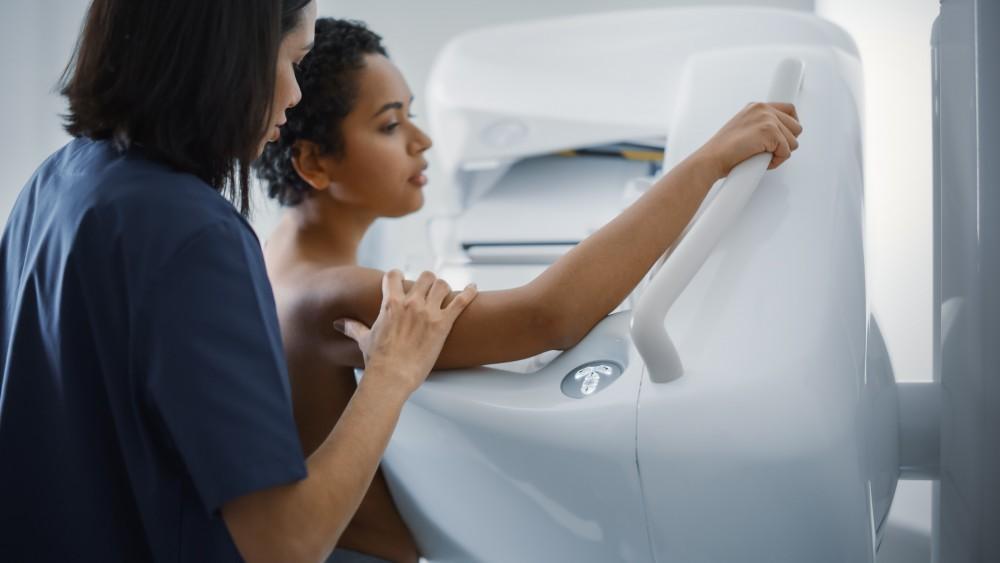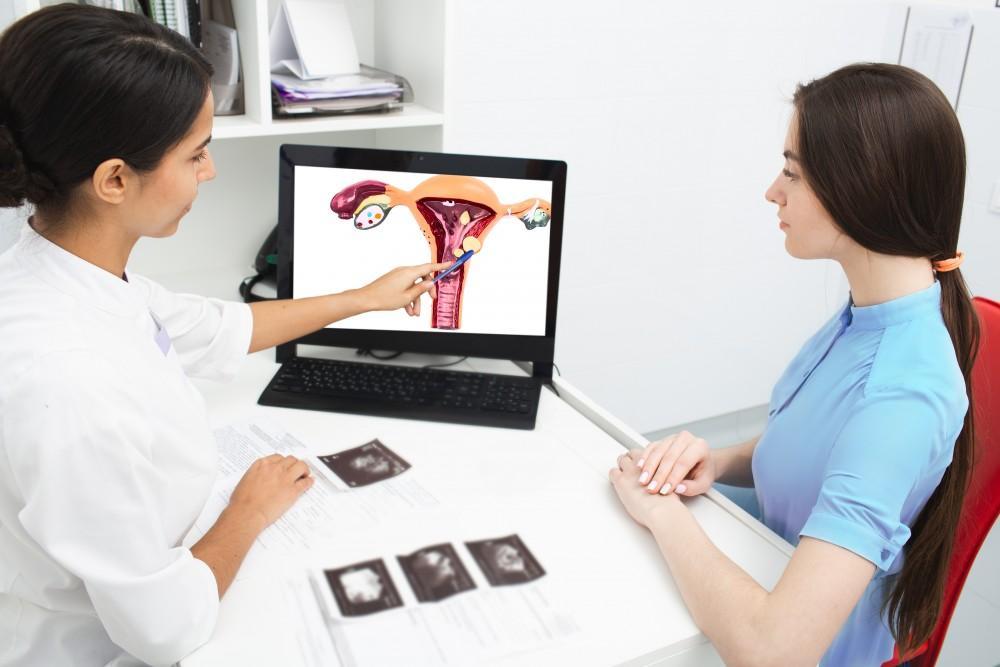
What to Expect From Your First 3D Mammogram
A mammogram is an X-ray of your breasts. It’s the best way to identify early...
Read MoreWomen are born with two ovaries. Each ovary is about the size of an almond, and they’re located on either side of the uterus in the lower abdomen.
Your ovaries change throughout your menstrual cycle as they grow, store, and release eggs to be fertilized. As part of this process, ovarian cysts may develop from time to time. Ovarian cysts are small, fluid-filled sacs, and almost every woman gets at least one during her reproductive years.
But even though ovarian cysts are a common part of the menstrual cycle, it’s normal to have questions. Are ovarian cysts dangerous? Do they cause symptoms? Will they resolve on their own?
Our OB/GYNs at The Women’s Center specialize in diagnosing and treating ovarian cysts, and we can help you learn what to expect.
There are several different types of ovarian cysts. The most common are known as functional cysts because they’re common during the regular menstrual cycle. Functional cysts include follicle cysts and corpus luteum cysts.
Eggs grow inside sacs called follicles in your ovaries. When an egg is mature and ready to be released, it breaks out of the follicle; the follicle gets reabsorbed. But sometimes, the follicle doesn’t break open properly. If it continues growing, a follicle cyst may form.
Corpus luteum cysts can develop after a follicle has successfully released an egg. This type of cyst forms when the follicle fills with fluid instead of disappearing after ovulation.
If we identify ovarian cysts during a routine pelvic exam, we typically recommend watchful waiting. Most ovarian cysts don’t cause symptoms and they’re not cancerous, so they don’t call for immediate treatment.
We continue monitoring the cysts at your regular appointments. It's not uncommon for the cysts to resolve on their own with time. In many cases, follicle cysts and corpus luteum cysts go away on their own within a few months.
Most ovarian cysts come and go without any symptoms. They’re generally considered a normal part of the menstrual cycle. However, you may benefit from ovarian cyst treatment if you suffer frequent ruptured cysts or you have cysts caused by gynecologic conditions like polycystic ovary syndrome (PCOS).
Cysts can rupture and cause noticeable symptoms. A ruptured cyst may cause:
If you’re affected by these symptoms, our team may recommend hormonal birth control. Lots of birth control options are available, and these treatments can minimize symptoms by regulating your menstrual cycle.
Sometimes, ruptured cysts cause more intense symptoms. Seek immediate medical care if you notice sudden, severe abdominal or pelvic pain that’s accompanied by:
These symptoms could also indicate ovarian torsion. Either way, prompt medical care is essential to diagnose your condition, relieve symptoms, and prevent more serious complications from developing.
In rare cases, we may recommend surgery to treat large or disruptive ovarian cysts. Surgery for cysts may include ovarian cystectomy or oophorectomy, and our team reviews your options when discussing your treatment plan.
Do you want to learn more about symptoms and treatment options for ovarian cysts? Our team at The Women’s Center is here for you. Contact one of our 11 locations in and around Orlando, Florida, for an appointment.




A mammogram is an X-ray of your breasts. It’s the best way to identify early...
Read More
About 1 in 10 women has ovarian cysts. These small growths form on your ovaries,...
Read More
If you and your partner have decided you’re ready to start growing your family, you’re...
Read More